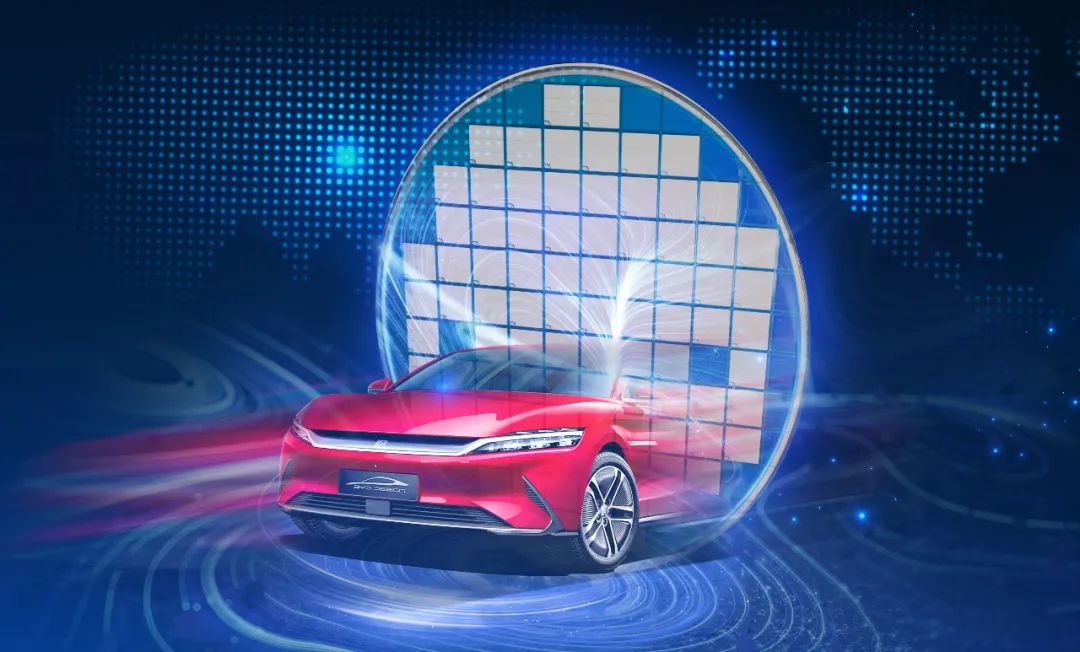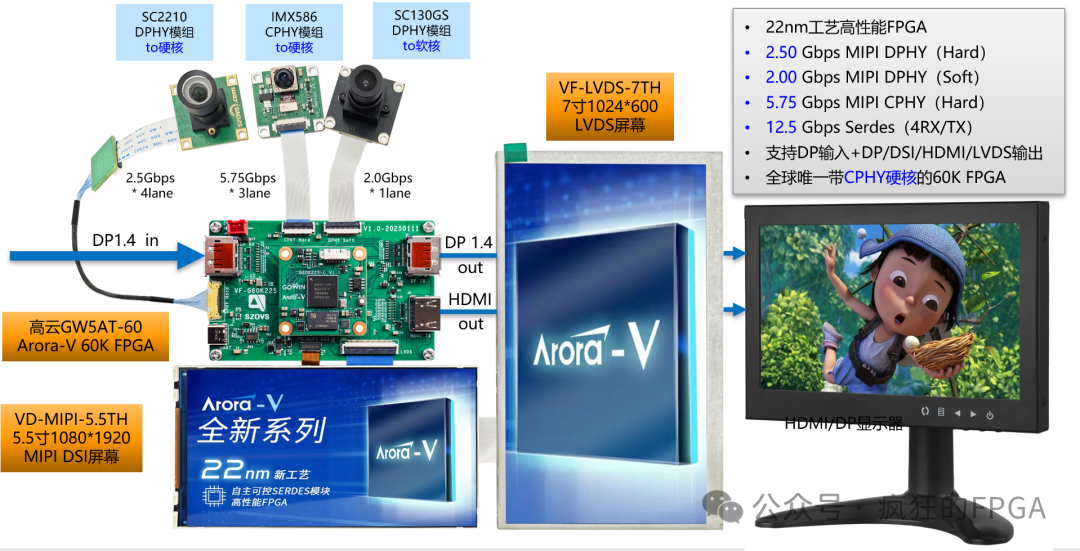
By Li Panpan
(JW Insights) Nov 8 -- China's automobile manufacturers engage in self-developing IC for their own use. It has become a major mainstream in recent years in the country's auto industry, driven by chip shortage resulting from the pandemic and geopolitical changes, reported Chinese-language CTEE on November 5.

Changan Automobile set up jointly with local state-owned enterprises Xinlian IC, an advanced automotive-level 12-inch chip manufacturing project in October.
In addition to Changan Automobile, car companies such as Geely, GAC, BAIC, and BYD all have plans to develop their chips or establish joint ventures for the mission.
But their focus and business directions are different. Xpeng and NIO, two startups with self-developed algorithms, have chosen to develop their high computing power chips. Industry insiders point out that general-purpose chips cannot take advantage of self-developed algorithms, and powerful manufacturers choose customized chips to match self-developed algorithms.
Data shows that among China's top three EV startups, NIO has established a chip team of 300 people and develop autonomous driving and Lidar chips, with mass production of their first Lidar main control chip in October.
Xpeng is developing a large-computing power autonomous driving chip that benchmarks Tesla's FSD. Li Auto expanded its chip team in 2022 and cooperated with Sanan Semiconductor to establish a power semiconductor production line in Suzhou, eastern China's Jiangsu Province.
China's traditional car companies tend to start with power semiconductors that are widely used in vehicles and are an easier choice to start. Some cooperate with chip companies. For example, BYD, Great Wall, Li Auto and Changan Motors collaborate with Horizon Robotics.
However, Zhou Xiaoyang, president of AccoPower, said that car companies still face many challenges in self-developing chips. They need to invest a lot of time and resources to establish strong technical capabilities, including professional knowledge in semiconductor manufacturing, electronic design, and embedded system development, according to the CTEE report.
RELATED
-
European Commission President von der Leyen will visit China in wake of the EU’s ongoing probe into China’s subsidies on EV industries
11-20 16:59 -
Chinese auto giant Changan Automobile plans to launch eight self-developed battery cells in the future
11-20 16:26 -
Chinese electronic component company CETC mass produceds its Beidou satellite communication module for China’s major EV maker
11-20 15:55









